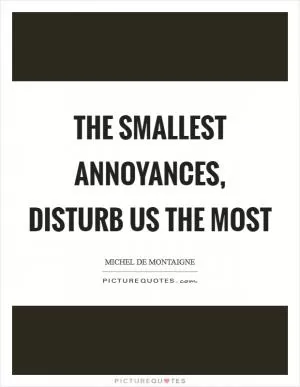How many things we held yesterday as articles of faith which today we tell as fables

How many things we held yesterday as articles of faith which today we tell as fables
Michel de Montaigne, a French philosopher and essayist of the Renaissance period, was known for his skepticism and questioning of commonly held beliefs. In his famous work, "Essays," Montaigne explores the idea that many things that were once considered articles of faith are now seen as mere fables. This concept reflects Montaigne's belief in the importance of critical thinking and the need to constantly reevaluate our beliefs and assumptions.Montaigne was a firm believer in the power of reason and rationality over blind faith. He argued that it is essential to question and challenge our beliefs in order to arrive at a deeper understanding of the world. In his essay "Apology for Raymond Sebond," Montaigne criticizes the blind adherence to authority and tradition, arguing that true knowledge can only be gained through personal experience and reflection.
One of the key themes in Montaigne's work is the idea of cultural relativism. He believed that many of the beliefs and customs of his time were arbitrary and based on tradition rather than reason. Montaigne was critical of the dogmatic nature of religion and the tendency of people to blindly follow the teachings of the church without questioning them.
Montaigne's skepticism extended to a wide range of topics, including politics, morality, and human nature. He believed that many of the beliefs and values that were commonly held in his time were based on superstition and ignorance. Montaigne's essays are filled with examples of how people's beliefs and attitudes can change over time, as new information and perspectives come to light.












 Friendship Quotes
Friendship Quotes Love Quotes
Love Quotes Life Quotes
Life Quotes Funny Quotes
Funny Quotes Motivational Quotes
Motivational Quotes Inspirational Quotes
Inspirational Quotes